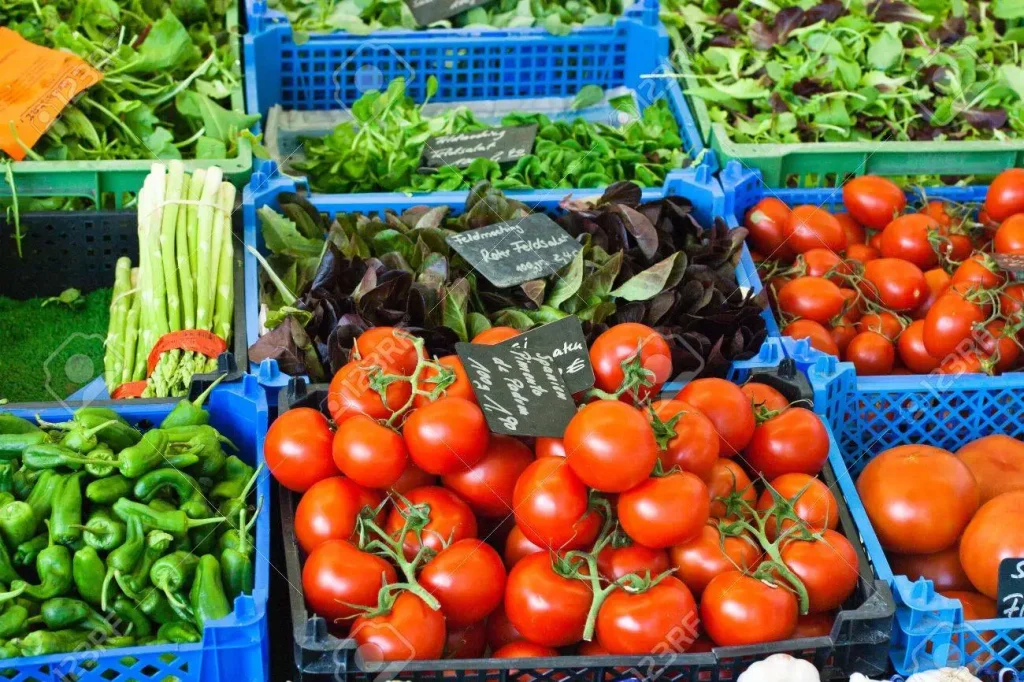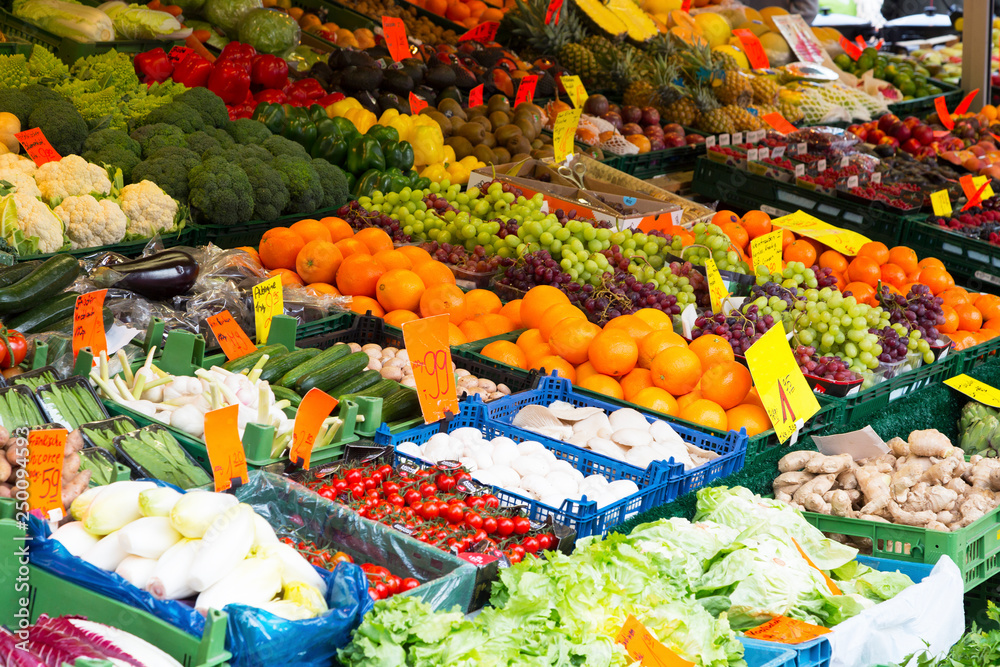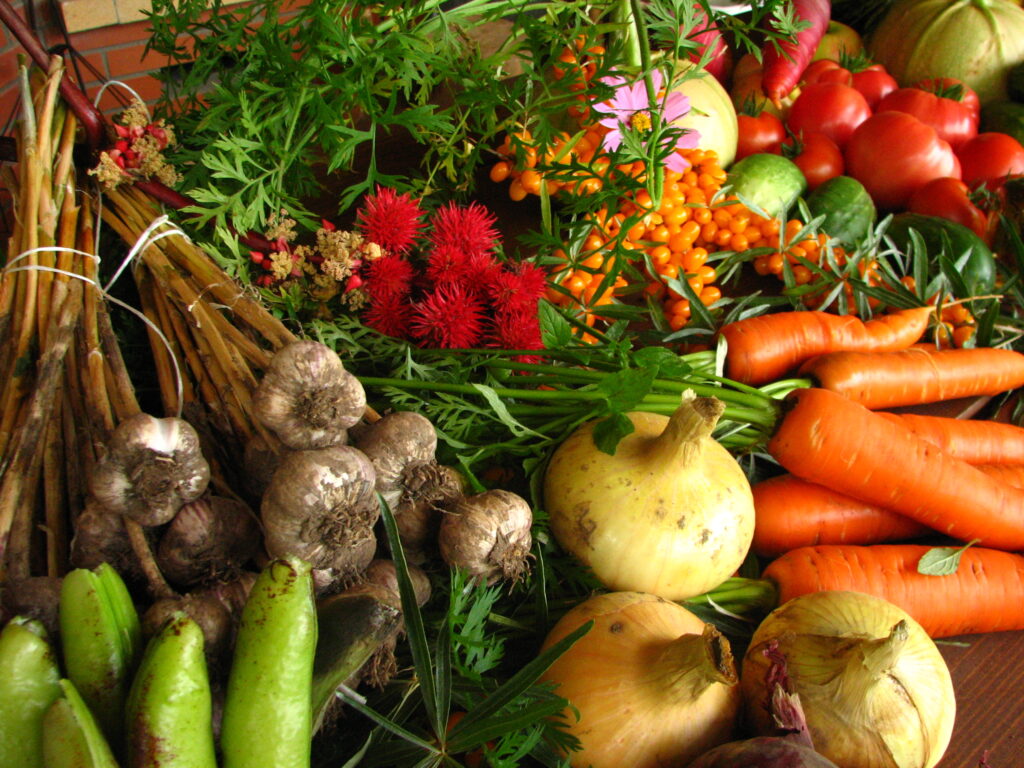Cheap Organic Slows Down Change in Agriculture

Meat, milk or vegetables – food prices are rising and more and more people are buying organic products at reduced prices. This also has consequences for the transition to more organic farming. According to industry reports, the reluctance to buy more expensive foods amid high inflation is slowing the faster shift to more organic farming. Farm manager Joachim Rokwed told the dpa news agency:
“At the moment, considerations of switching to organic farming warn him”
Direction towards the Opponent
Health food and other stores that market high-quality organic products have suffered a massive drop in sales.
“At the moment, it is clear that the organic trend is heading towards the discount sector. Of course, farmers are watching this and are therefore more cautious about changing.
The same goes for organic products as it does for so-called animal welfare products, Rockweed said: “The expense is just higher, and that has to be reflected in the price.” In organic farming, for example, the percentage of mechanical tillage is higher. “Rising fuel costs for vehicles also have a greater impact.”

The Market for Organic Products Contracted for the first Time in 2022
In this respect, from the current point of view, the price difference is still necessary, because the production of ecological products is much more expensive in terms of unit costs.
The organic food sector suffered an extraordinary setback last year. “The German organic market shrank in 2022 for the first time in its history,” said a market report published by the Farmers’ Association earlier this year.
At the end of October, organic sales were down 4.1%. However, sales were expected to reach 15 billion euros in 2002, so there are still 2.7 billion euros more than in 2019. So the organic market has at least been able to maintain the strong growth in sales since the early days. of the Corona pandemic.
Rukwied: The trend towards Vegetarian or Vegan Nutrition
The federal government is counting on another major expansion of organic farming. The declared target is a share of organic area of 30% by 2030. According to the latest data, the share of total agricultural area increased to 10.9% in 2021 – and at the end of 2020 it was still by 10.3%. According to this, 14% of all farms are now organic, up from 13.5% in 2020.
Organic and other trends such as more plant-based nutrition and less meat are also topics at the Green Week trade fair, which reopens in Berlin on Friday after a two-year corona break.
“The production always follows the market. We see a trend towards a higher percentage of vegetarian or vegan nutrition. Of course, we try to serve that as well.”
New types of Vegetables are Grown
One such example is the chickpea, which a few years ago could not be found in German fields. “Now they are grown in different regions with suitable climates, although the cultivation risks are high – they don’t really work in the wet summer,” explained the chief farmer.

